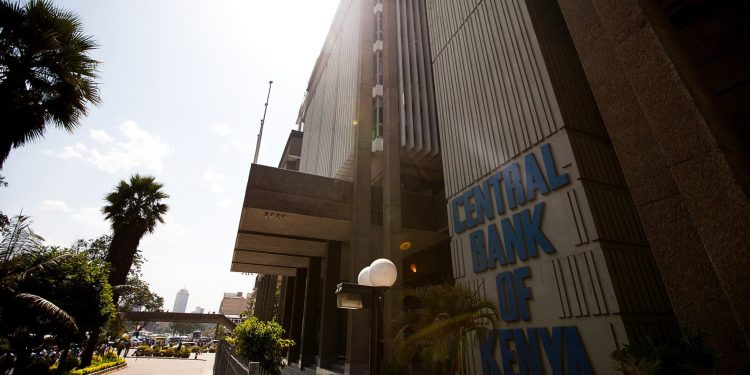Kenya is tightening noose on persons behind terrorism and money laundering activities with a new legislation. In a document, the cabinet through designated committee structures has approved anti-money laundering and combating terrorism financing laws (amendment) bill 2023 and sanctioned transmittal to Parliament.
If it becomes law, the amendment bill will strengthen Kenya’s anti-money laundering and anti-terrorism financing regulation in line with the global standards set by the Financial Action Task Force (FATF).
It seeks to promote an enhanced customer due diligence, strengthening reporting obligations, broadening the definitions of money laundering offences, and implementing an increased penalties and deterrents.
“The Amendment Bill proposes legal and policy reforms to address technical compliance deficiencies identified in Kenya second Anti-Money Laundering and Counter Terrorism Financing Mutual Evaluation Report by The Eastern and Southern Africa Anti-Money Laundering Group,” said Hussein Mohamed, State House Spokesperson.
“When enacted into law, the amendment bill will strengthen the country’s anti-money laundering and anti-terrorism financing regulations in line with global standards set by the FATF, an inter-governmental organization with the mandate to set global standards to promote effective implementation of legal, regulatory and operational measures in combating terrorism financing, weapons of mass destruction financing and money laundering.”
Key benefits
Through the amendment bill, financial institutions and designated financial businesses and professions will be required to conduct thorough customer due diligence measures to identify and verify their customers. This will help in mitigating the risk of anonymous transactions and ensuring transparency in financial dealings.
Reporting entities will get the mandate to report suspicious transactions and activities to the Financial Reporting Center (frc) promptly. The FRC will analyse the reports and share intelligence with relevant law enforcement agencies to in turn, initiate investigations and take appropriate actions against money laundering perpetrators.
The proposed amendment broadens definition of money laundering offences to include a wider range of activities such as proceeds of domestic and international criminal activities and terrorism financing. It also addresses emerging threats in the digital and crypto-currency space, as well as dangers related to financing of weapons of mass destruction.
Other areas the bill seeks to cover include increased penalties and deterrants. The amendments introduce stricter penalties for individuals and entities found guilty of money laundering offences. This includes higher fines and extended prison terms that are expected to act as strong deterrants against illicit financial activities.
The bill comes after a recent report by the Global Peace Index (GPI 2023) which raised alarm over an increase in terrorism activities in the sub-Saharan region.
The report noted that the terrorism impact indicator deteriorated sharply until 2015, but in recent year has begun to improve. The epicenter of terrorism has shifted from the middle East and North Africa into Sub-Saharan Africa.
Factors fueling rise to terrorism in the Sub- Saharan region include the aftermath of Libya conflict, end of war in Syria, and ethnic tensions coupled with the effects of climate change.
The CBK insists that anti-money laundering rules remain in force




